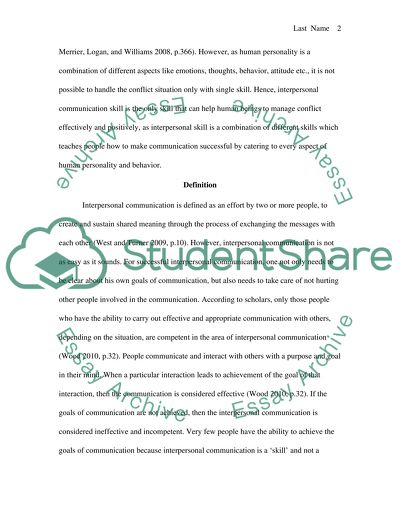Cite this document
(Interpersonal Communication and Positive Relationships Essay Example | Topics and Well Written Essays - 2750 words, n.d.)
Interpersonal Communication and Positive Relationships Essay Example | Topics and Well Written Essays - 2750 words. https://studentshare.org/environmental-studies/1413730-interpersonal-communication-and-positive-relationships
Interpersonal Communication and Positive Relationships Essay Example | Topics and Well Written Essays - 2750 words. https://studentshare.org/environmental-studies/1413730-interpersonal-communication-and-positive-relationships
(Interpersonal Communication and Positive Relationships Essay Example | Topics and Well Written Essays - 2750 Words)
Interpersonal Communication and Positive Relationships Essay Example | Topics and Well Written Essays - 2750 Words. https://studentshare.org/environmental-studies/1413730-interpersonal-communication-and-positive-relationships.
Interpersonal Communication and Positive Relationships Essay Example | Topics and Well Written Essays - 2750 Words. https://studentshare.org/environmental-studies/1413730-interpersonal-communication-and-positive-relationships.
“Interpersonal Communication and Positive Relationships Essay Example | Topics and Well Written Essays - 2750 Words”. https://studentshare.org/environmental-studies/1413730-interpersonal-communication-and-positive-relationships.


